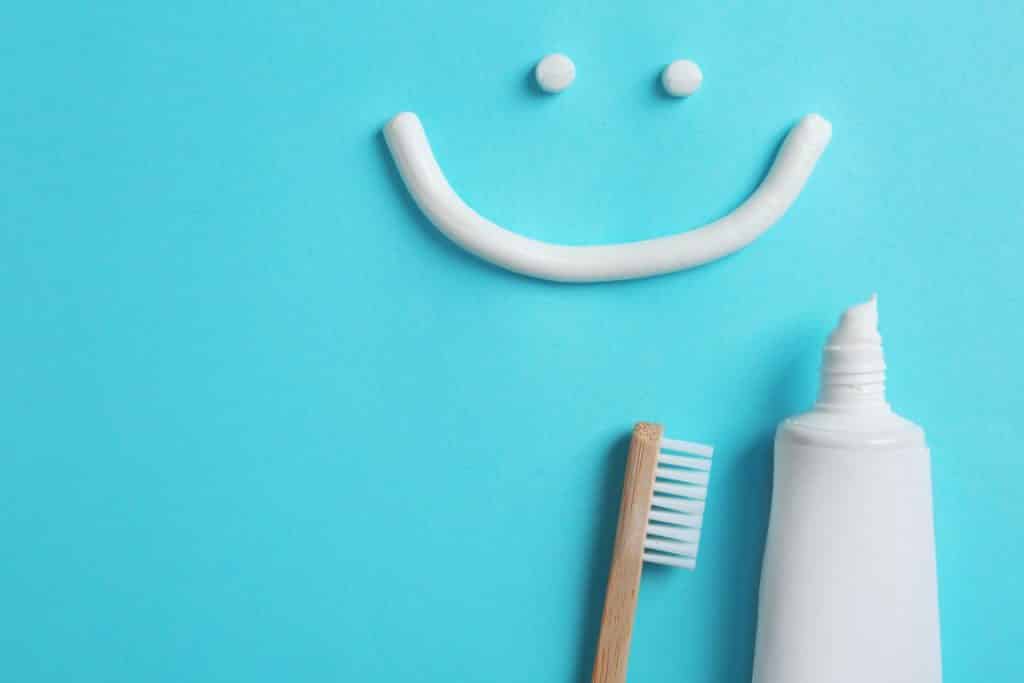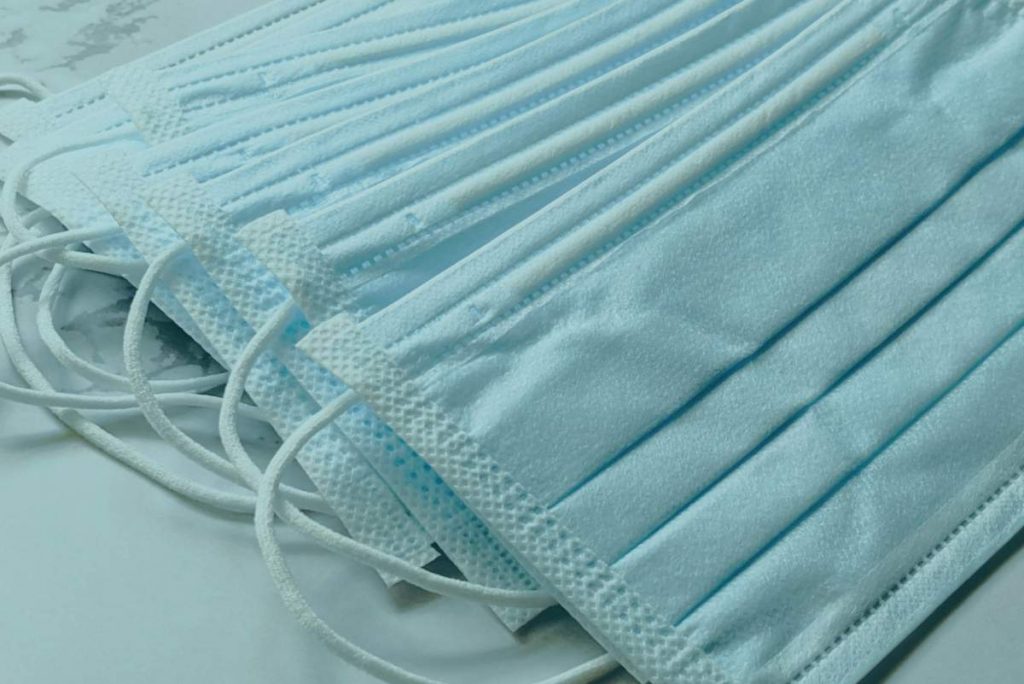Our teeth can sustain damage from more than just bad dental hygiene habits or too much candy––even some of our healthy habits can actually contribute to enamel damage. In this blog, we explore some myths around oral hygiene and how some of our habits might be doing more harm than good.
5 healthy habits that can harm our teeth.
The average person should visit the dentist every 6-12months––this includes adults and children. If you have certain medical conditions, such as diabetes, HIV/AIDS, or periodontitis (gum disease), dental professionals might want to see you more often. In addition, some health conditions and medications can increase the risk of infection and tooth decay. For these reasons, it is imperative that you maintain a regular relationship with your dentist.

- Drinking juice
While drinking lemon water or a cold-pressed juice is good for our bodies, it is also very acidic for our teeth. Drinking lemon juice helps in digestion, cleanses the body of toxins, and strengthens immunity. Cold-pressed juices are great for getting essential nutrients on-the-go. The problem is that many fruits, especially citrus, are high in sugar and acidity, which are both significant culprits of dental erosion.
You can take extra steps to protect your teeth:
- Using a straw helps lessen the detrimental effects to your teeth.
- After a glass of juice or lemon water, drink some plain water to rinse your teeth of the sugary and acidic residue.
- Brushing your teeth right after a meal
While it is an excellent thing to brush your teeth regularly, timing plays an important role. When you consume anything acidic, like an orange, the enamel temporarily softens and becomes more susceptible to further wear. Brushing your teeth too forcefully or too soon after a meal might remove enamel, leaving your teeth vulnerable to damage and sensitivity. As you age, this becomes even more important as our gums recede with age and get more root surface exposure.
We recommend having a glass of water right after your meal, and waiting approximately 30 minutes before brushing your teeth.
- Taking your medication
Some medications cause dry mouth––while that mostly just sounds annoying, it actually has a serious effect on your oral health! Your saliva contains important properties that help deter the formation of plaque causing bacteria. When you have a medication that causes dry mouth, we recommend drinking lots of water and eating lots of crunchy foods like carrots––which stimulate saliva production. You can also try sugarless gum, mints with xylitol, tablets, gels and sprays designed specifically for dry mouth. - Exercise
Exercise is one of the top causes of dental trauma. Playing sports, especially those with high impact, increases our risk for chipped and broken teeth which require emergency intervention. The best way to prevent serious injury is to always wear a mouthguard. A custom mouthguard offers a cushion around the teeth in case of a direct impact to the face. Repairing these damages requires a lot of work and money, and can impact you for the rest of your life either by needing maintenance or by increasing your risk of cavities and root canals––so prevention is the best method. - Sleep
Don’t worry, we won’t tell you not to sleep––but you would be surprised to learn that our teeth can be damaged while we snooze. Bruxism is the leading cause of damage to our teeth during sleep. This can occur as a result of many factors including stress, a side-effect of medication, drug use, and more. Bruxism can often go unnoticed but a key symptom is a consistent dull headache and sore jaw. If someone notices that you grind or clench your teeth while you sleep, take them seriously and visit your dentist as soon as possible. Your dentist can notice the signs of bruxism such as attrition, receding gums, and TMJ.
Taking care of your mouth is easy with your local Saskatoon dentist at Acadia.
Ensuring you visit the dentist regularly is the first step in mitigating the effects of even the healthiest habits. We recommend visiting every 6-12 months for a cleaning and checkup, where your dentist can see the early signs of damage and help you to navigate towards a healthier smile. Schedule your appointment today.





